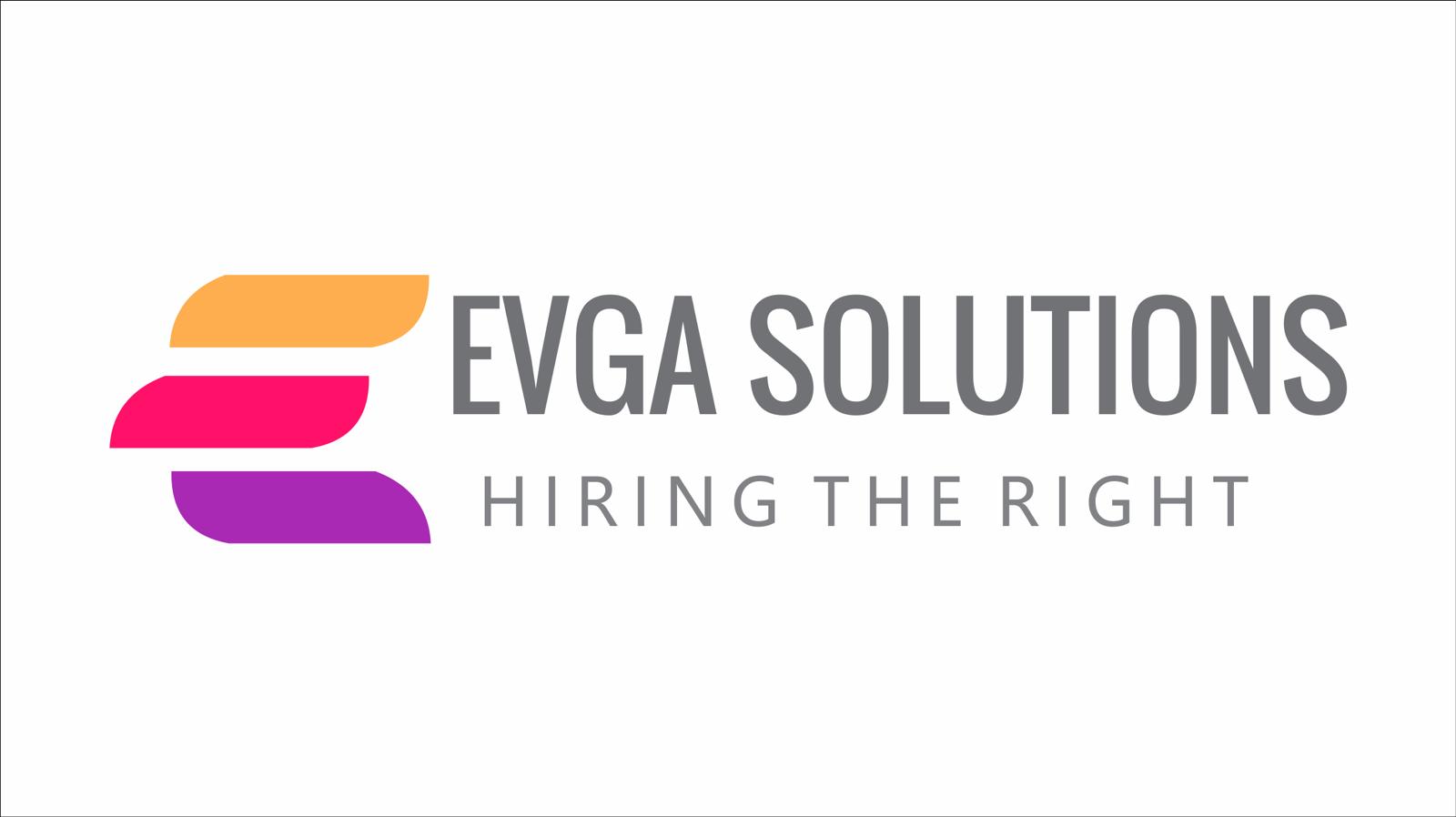Artificial Intelligence (AI) is revolutionizing the recruitment process, making it faster, more efficient, and more precise. From automating repetitive tasks to providing data-driven insights, AI is reshaping the way companies and job seekers interact in the hiring process. Here’s how AI is transforming recruitment:
1. Smarter Candidate Matching
AI-powered algorithms use machine learning to analyze a vast array of data, such as resumes, job descriptions, and even behavioral traits, to match candidates with the right roles. Traditional recruitment methods often rely on manual keyword searches, but AI can go much deeper. It looks beyond simple keyword matching by analyzing context, skills, experience, and even cultural fit.
- Benefits: Faster candidate screening, more accurate matches, and reduced bias in the hiring process.
2. Streamlining Candidate Screening
AI can automate the candidate screening process by analyzing resumes, cover letters, and online profiles to quickly identify top candidates. It can also use natural language processing (NLP) to understand the nuances in candidate responses, filtering out applicants who may not meet the qualifications for a particular job.
- Benefits: Reduced time-to-hire, less administrative burden, and a more efficient use of recruiters’ time to focus on high-value tasks.
3. Enhancing Candidate Experience
AI can personalize the job search and application process for candidates. Chatbots and virtual assistants guide job seekers through the application process, answer questions in real-time, and provide updates on application statuses. AI-driven platforms can also recommend jobs based on a candidate’s past searches, preferences, and qualifications, offering a tailored experience.
- Benefits: A more engaging, responsive, and less frustrating experience for candidates, leading to increased satisfaction and better employer branding.
4. Predicting Candidate Success
AI can use predictive analytics to forecast the future success of candidates. By analyzing past hiring patterns, performance data, and even psychometric tests, AI can help predict how well a candidate might perform in a role. This data-driven approach helps employers make more informed decisions and reduces the risk of bad hires.
- Benefits: More reliable hires, higher employee retention rates, and better long-term team performance.
5. Removing Unconscious Bias
AI can help eliminate unconscious bias in the hiring process by focusing solely on objective criteria like skills, experience, and qualifications rather than factors such as gender, age, or ethnicity. AI-driven recruitment tools can be trained to identify and remove bias from job descriptions, resume screening, and interview processes.
- Benefits: A more diverse and inclusive hiring process, leading to a wider range of perspectives and ideas within teams.
6. Automating Administrative Tasks
AI can automate many of the time-consuming administrative tasks associated with recruitment, such as scheduling interviews, sending follow-up emails, and managing candidate pipelines. AI-driven chatbots can engage candidates in real-time, conducting initial screening interviews, answering FAQs, and guiding them through the process.
- Benefits: Reduced manual workload, faster administrative processes, and more time for recruiters to focus on strategic decision-making and relationship-building.
7. Conducting Virtual Interviews
AI is also transforming the interview process. Tools powered by AI can conduct video interviews, analyzing candidates’ responses using facial recognition and voice analysis to assess emotions, body language, and communication skills. Additionally, AI-powered platforms can offer a consistent and unbiased way of evaluating candidates, regardless of their background.
- Benefits: More objective interview evaluations, improved remote interviewing capabilities, and an enhanced candidate experience.
8. Data-Driven Recruiting Insights
AI-driven analytics provide valuable insights into your hiring processes. Recruitment platforms can collect and analyze data on candidate sources, time-to-hire, interview performance, and other metrics to identify trends and improve the overall recruitment strategy. This helps companies refine their recruitment strategies, optimize job descriptions, and reduce hiring inefficiencies.
- Benefits: Improved decision-making, smarter recruitment strategies, and continuous optimization of the hiring process.
9. Virtual Onboarding
AI tools can extend their capabilities beyond recruitment into the onboarding phase. AI-driven platforms can help new hires get up to speed with the company’s policies, training materials, and team introductions. Virtual assistants can guide new employees through the onboarding process, ensuring they have everything they need to succeed.
- Benefits: A smoother onboarding process, faster employee integration, and improved retention rates.
The Future of AI in Recruitment
The integration of AI in recruitment is only expected to grow. As AI technology becomes more sophisticated, recruitment processes will become even more automated, personalized, and data-driven. We may see even more advanced AI tools capable of identifying talent through social media profiles, predicting workforce trends, and automating the entire hiring journey from start to finish.
As AI continues to evolve, recruitment will shift from being an administrative task to a strategic advantage, enabling companies to hire smarter, faster, and with greater precision. The future of recruitment is not just about filling positions—it’s about finding the right fit, improving diversity, and ultimately, making better, data-informed hiring decisions.
AI is not a replacement for human recruiters, but it’s a powerful tool that enhances their ability to make more informed, objective, and efficient decisions. By embracing these technologies, companies can transform their hiring processes and build stronger, more diverse teams.
Let us know if you’d like more information on how AI can optimize your recruitment process!



Add a Comment